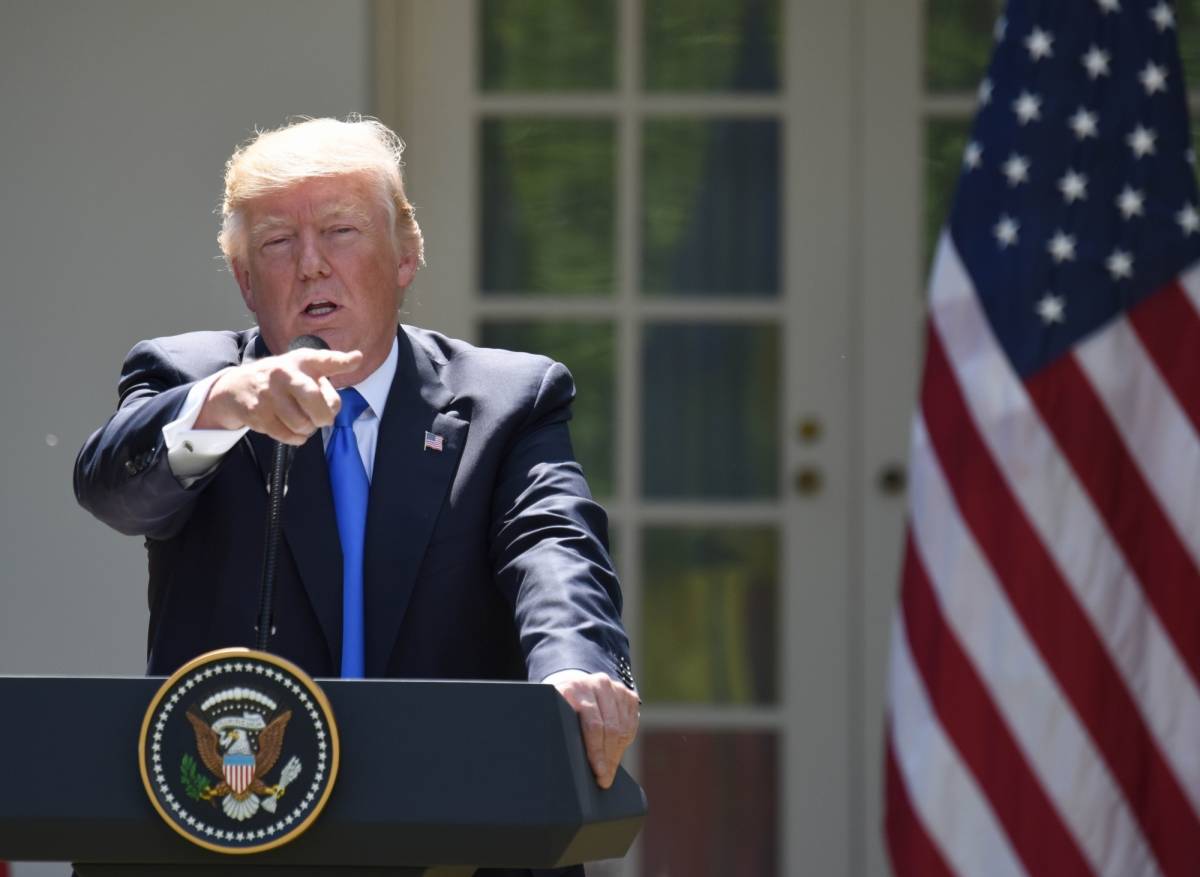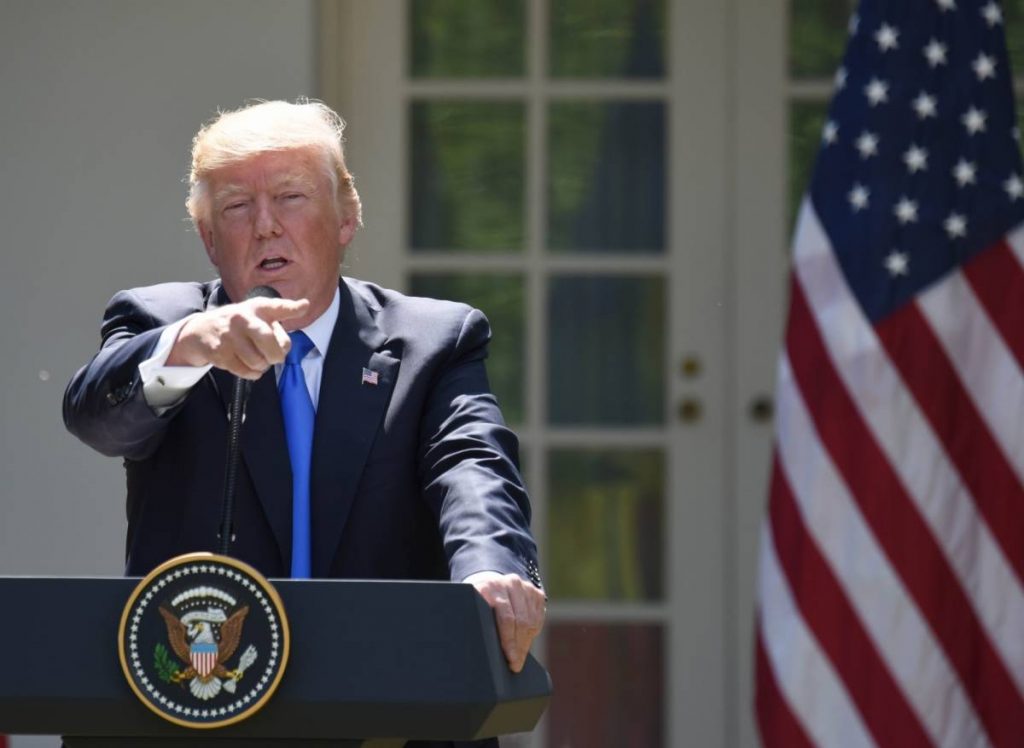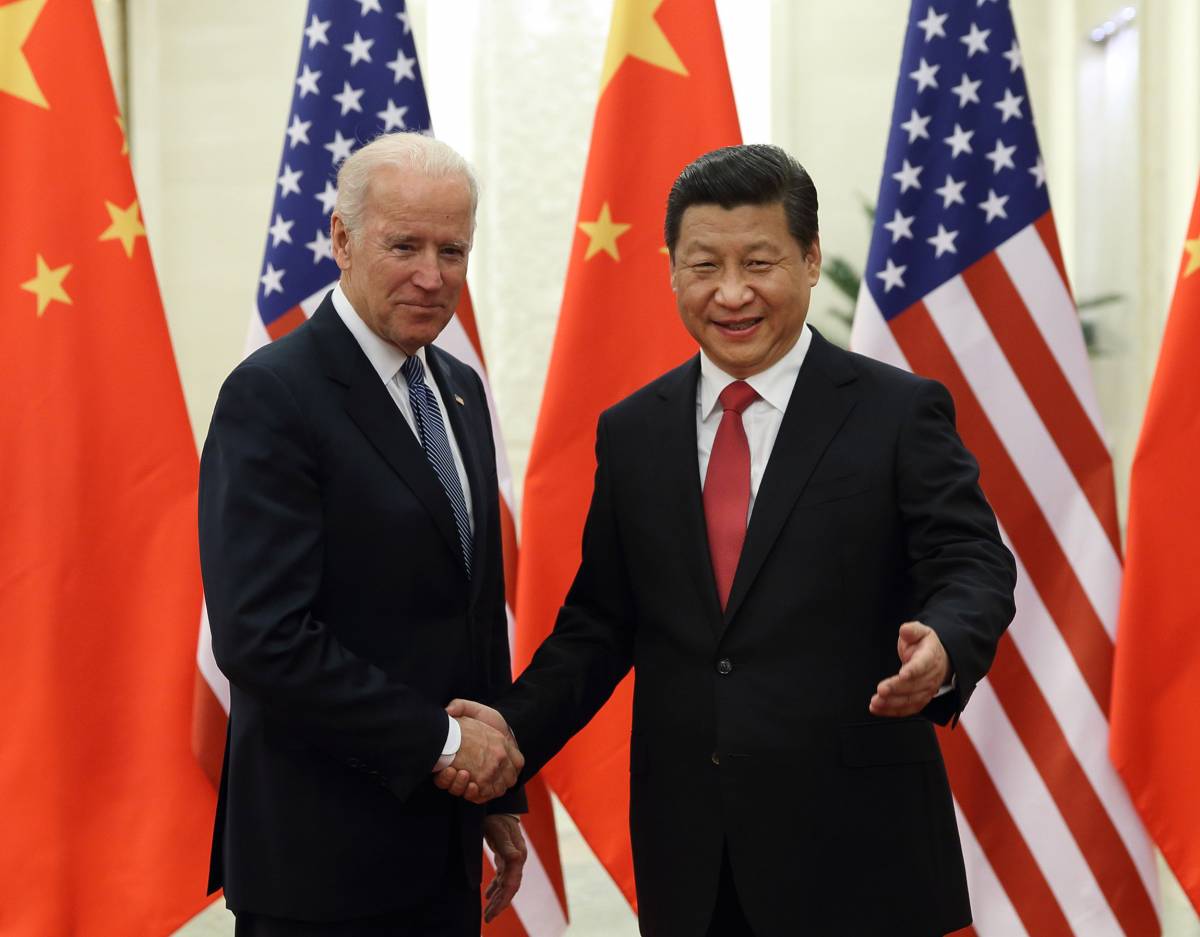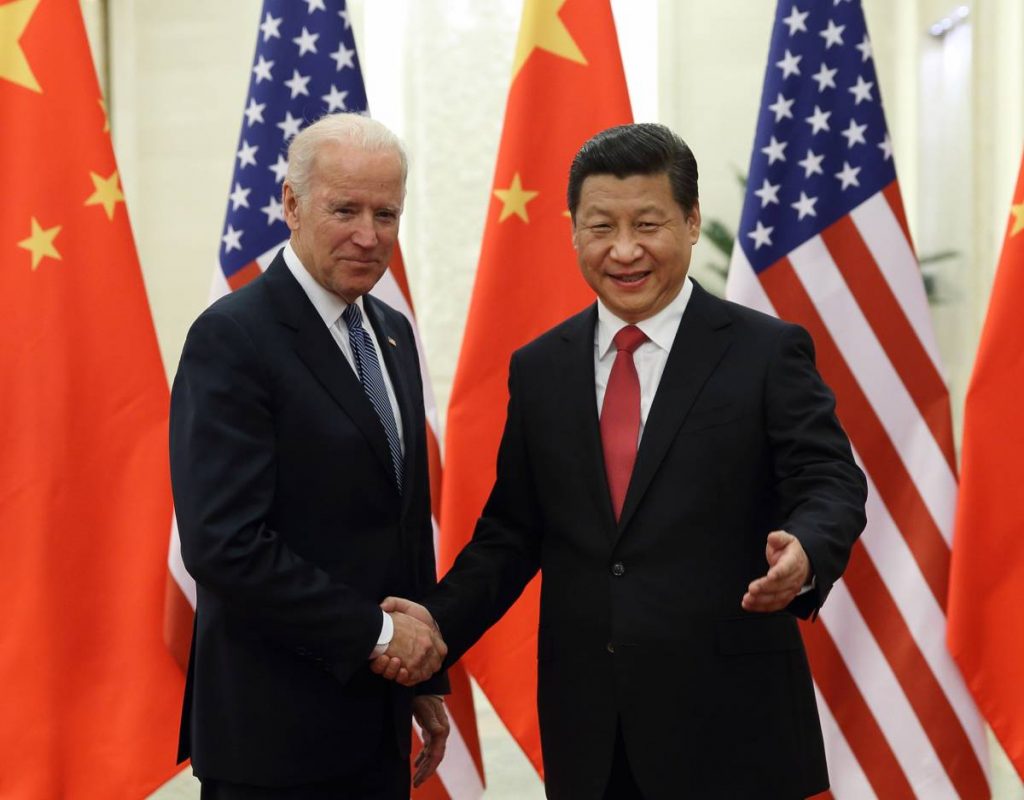Xi, also the general secretary of the Communist Party of China Central Committee and chairman of the Central Military Commission, made the remarks recently while presiding over the 17th meeting of the central committee for deepening overall reform…reports Asian Lite News
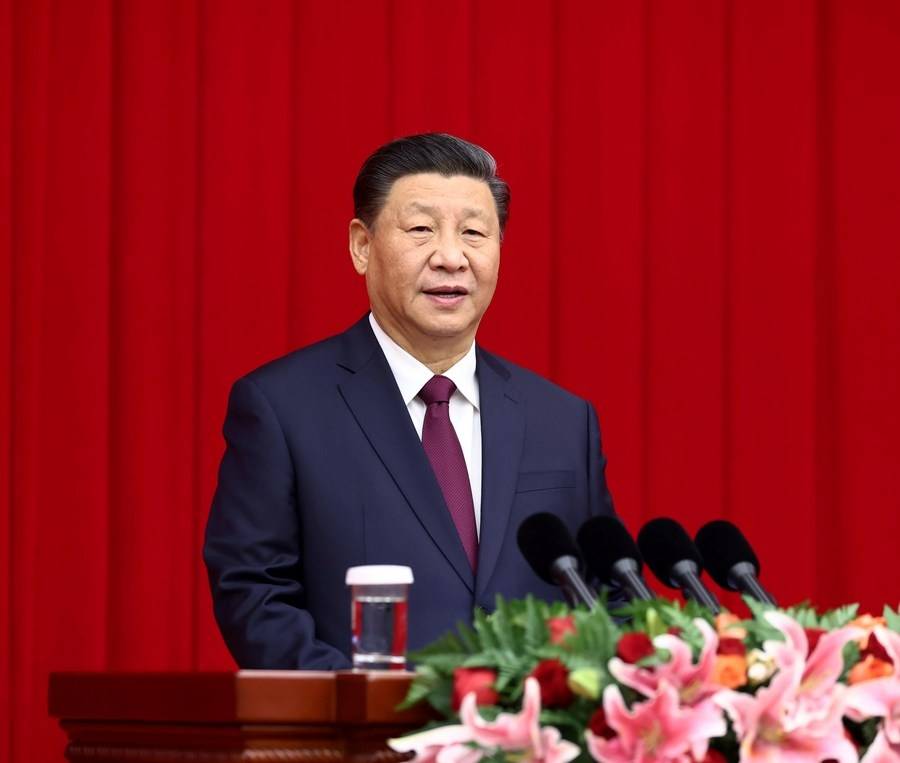
Chinese President Xi Jinping has stressed on concerted efforts to make greater breakthroughs in reform at China’s new development stage.
Xi, also the general secretary of the Communist Party of China Central Committee and chairman of the Central Military Commission, made the remarks recently while presiding over the 17th meeting of the central committee for deepening overall reform, reports Xinhua news agency.
Li Keqiang, Wang Huning and Han Zheng, all members of the standing committee of the political bureau of the CPC Central Committee and deputy heads of the central committee for deepening overall reform, attended the meeting.
The meeting reviewed a summary and evaluation report on deepening overall reform since the third plenary session of the 18th CPC Central Committee.
The meeting also reviewed and approved a series of guidelines and plans on integrating the party’s leadership into corporate governance of centrally administered state-owned enterprises (SOEs), developing an economic system for green and low-carbon circular development, law-based environmental information disclosure, administrative data sharing, deepening reforms on budget management, enhancing ideological and political work, improving tax law enforcement, and the establishment of a financial court in Beijing.

Xi said reforms over the years have witnessed the development of a series of innovative theories, the launch of a host of major initiatives, and a raft of major breakthroughs, all of which are revolutionary and have broken new ground in advancing the causes of the Party and the country toward historic achievements and changes through reform and opening-up.
He added that the reforms have brought about profound changes in the ideological and theoretical field, organizational structure as well as the state and governance systems, with extensive public participation.
Xi stressed that China still faces complex contradictions and problems on the road to reform.
He said it is imperative to integrate advancing reforms with serving the overall work of the party and the state, combine deepening reforms with fostering institutional integration, and combine advancing reform with forestalling and defusing major risks.
He also urged to combine stimulating innovative vitality with gathering strength to forge ahead, and fully stimulate the enthusiasm, initiative and creativity of all sides to advance reforms.
The relationship among party committees, the board of directors and executive management should be properly handled in central SOEs in a bid to forge a corporate governance mechanism featuring clear-cut rights and responsibilities, coordinated operation and effective checks and balances, according to the meeting.
Establishing and improving a green and low-carbon circular economic system and promoting the green transformation of economic and social development are the fundamental solutions to China’s resource, environmental and ecological problems, the meeting noted.
The meeting also called on enterprises to fulfil their legal obligations, while urging the establishment of a compulsory environmental information disclosure system.
Also read:China urges caution on Syria chemical weapon issue
